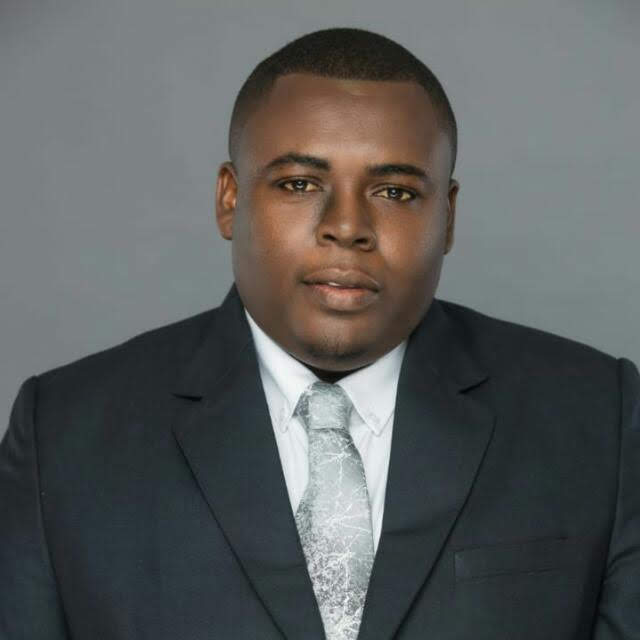Philipsburg, – As we approach the close of the year, there is an urgent plea for updates on the progress of the Special Needs Policy for Sint Maarten.
In a parliamentary meeting on February 13th, the Minister of ECYS expressed an active commitment to developing a special needs policy. However, as we near the end of November, the community, parents, and educators are eager to understand the strides made thus far and if there are concrete plans in place.
While I commend the Minister of VSA for unveiling the “Improving Mental Health Services” project, it is crucial not to overlook the equally vital aspect of special needs education.
As we reach the midpoint of the 2023-2024 school term, transparency is needed regarding expectations for the 2024-2025 school year. What is the current status of the special needs policy, and what support is outlined or to be expected for foundations and organizations already offering invaluable teaching and learning services for our special needs children?
It is evident that our society falls short in providing proper facilities, qualified caregivers, and accessible support systems for special needs individuals, impacting not only the individuals but their families and our community.
To address this, both Ministries must adopt a comprehensive and holistic perspective. Social development falls under the purview of the Ministry of VSA, while Education is managed by the Ministry of ECYS. I call on both ministries to collaborate closely to ensure a comprehensive and inclusive approach to special needs in Sint Maarten. Special needs require a holistic approach that encompasses education, recreation, healthcare, and social integration.
By fostering a seamless collaboration between the Ministries of VSA and ECYS, we can create an environment where these essential components work harmoniously to provide the necessary support, facilities, and resources for the holistic development of every special needs child on our island. Only then can we guarantee their true integration and the opportunity to thrive and contribute to the vibrancy of our society.
Consideration must extend to families involved in homeschooling or those compelled to relocate abroad to seek proper care. The challenges of special needs not only affect the individual but have a domino effect on parents, families, and our community.
When families are forced to seek proper care for their special needs child abroad, we experience losses in intellectual and labor capacity when the primary caregiver has to leave their post. Moreover, we witness the painful phenomenon of family separation, further eroding our social fabric. This dual consequence equals net losses for the country and is far from conducive to societal progress.
It is essential to avoid categorizing special needs students uniformly; proper assessment is imperative. Recognizing the diverse needs of different conditions, such as autism or Down syndrome, is essential to developing individualized programs. In other words, the one-size-fits-all approach we currently employ cannot work. Just placing kids with special needs in regular classrooms with regular kids will not work either and can lead to seriously dangerous social issues, mental isolation or breakdown, and emotional distress. BULLYING IS REAL!, and we must be cognizant of that.
Each student’s unique requirements must be identified and addressed to foster an inclusive and supportive learning environment that promotes their well-being and overall development.
Our short-term goal should be to exhaust all resources to support existing facilities and care providers with the resources they require.
Our mid-term goals should involve seeking technical assistance from the Netherlands, Signing meaningful MO-Us, and acquiring specialized teachers and specialists to work alongside local teachers to foster skill development. Encouraging students to pursue careers and specialize in special needs education and care and allocating adequate study financing for such students/teachers will contribute to shaping a progressive future.
Exploring sustainable alternative funding options is critical. We could seek to establish a Special Needs Fund financed through tax incentives for local donors, introducing a “Different ability tariff” (e.g., 0.10 USD cent on all incoming passengers at our air and seaport), and adding the same tariff amount to every transaction on capital flight at our money-sending agencies can generate a considerable sum which can be solely designated for our special needs goals. This funding can also assist lower-income families in paying for special needs care ensuring inclusive and equal access.
Our long-term aspirations should be to the establishment of permanent, state-of-the-art facilities dedicated to special needs services in Sint Maarten. driven by the understanding that it’s crucial to have a well-defined vision for special needs services.
These future facilities are envisioned not merely as educational institutions but as beacons of inclusivity, providing a nurturing and conducive environment for the holistic development of every special needs child on the island. The ripple effect of our endeavors will extend beyond Sint Maarten, resonating throughout the region, especially within the Dutch Caribbean.
In crafting this long-term vision, we must recognize that achieving excellence in special needs education goes beyond physical infrastructure. It involves cultivating a comprehensive support system that encompasses educational, recreational, healthcare, and social integration elements. By doing so, we aim to create an environment that not only meets the immediate needs of special needs children but also fosters their growth into thriving individuals.
in conclusion, The need for special needs services, facilities, and support mechanisms is on the rise in Sint Maarten. It goes beyond just about bricks and mortar. Let us remember that behind the complaints, statistics, and policies, or the lack thereof, are real families facing real challenges. I implore the relevant ministries to consider these pressing issues and work collaboratively to ensure a brighter future for all our children, regardless of ability. Shaping a future where every special needs child is empowered to reach their fullest potential.





























